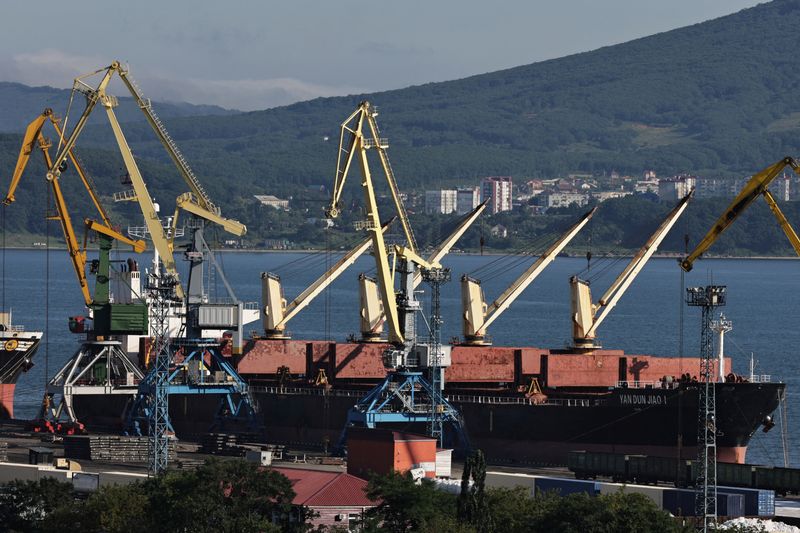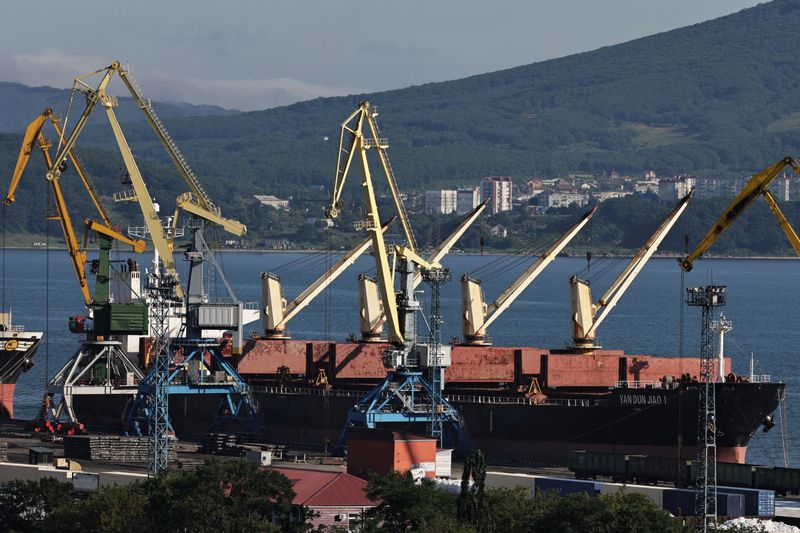
By Arathy Somasekhar
(Reuters) – Oil prices edged lower on Friday but were on track to gain nearly 4% for the week as sharp declines in and fuel inventories, drone strikes on Russian refineries and a rise in energy demand forecasts buoyed prices.
futures for May fell 41 cents, or 0.5%, to $85.01 a barrel at 1234 GMT, after crossing $85 a barrel for the first time since November on Thursday. U.S. West Texas Intermediate (WTI) crude for April fell 32 cents, or 0.4%, to $80.94.
The International Energy Agency on Thursday raised its view on 2024 oil demand growth for a fourth time since November as Houthi attacks disrupt Red Sea shipping.
World oil demand will rise by 1.3 million bpd in 2024, the IEA said in its latest report, up 110,000 bpd from last month. It forecast a slight supply deficit this year after OPEC+ members extended cuts, from a surplus previously.
Also supporting oil prices, Ukraine struck Russian oil refineries in a second day of heavy drone attacks on Wednesday, causing a fire at Rosneft’s biggest refinery in one of the most serious attacks against Russia’s energy sector in recent months.
U.S. crude oil stockpiles fell unexpectedly last week as refineries ramped up processing while gasoline inventories slumped as demand rose, the Energy Information Administration (EIA) said on Wednesday.
On the demand side, China’s central bank is expected to leave a key policy rate unchanged when it rolls over maturing medium-term loans on Friday, a Reuters survey showed.
Lower interest rates cut consumer borrowing costs, which can boost economic growth and demand for oil.
In the United States, some signs of slowing economic activity were unlikely to spur the Federal Reserve to start cutting interest rates before June as other data on Thursday showed a larger-than-expected increase in producer prices last month.



